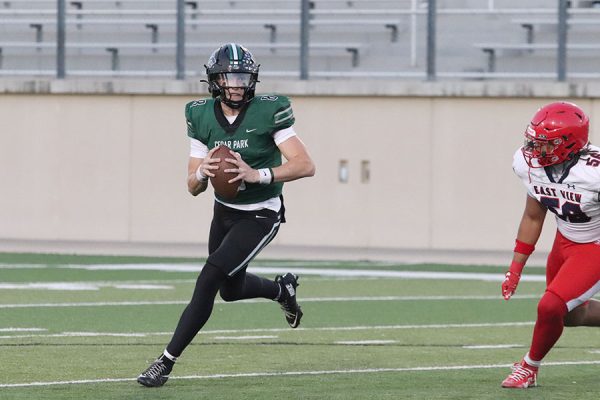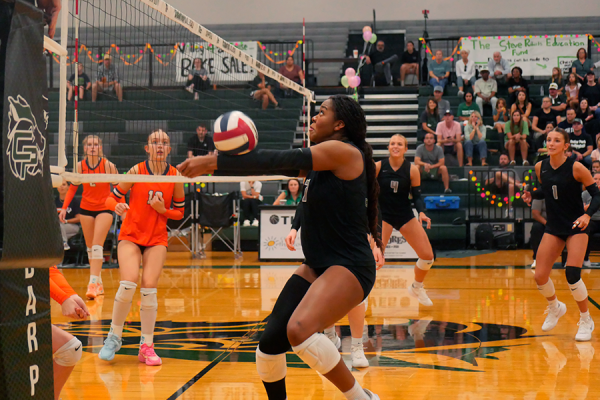Pre-AP Pre Cal Begins OnRamps, New Curriculum
Photo Courtesy of: MaryBeth Battles
The OnRamps class is a new program where students are co-enrolled with University of Texas and their high school class. This year the pre-calculus will be an OnRamps class and students enrolled will have the potential to earn three hours of college credit. “I’m hoping it’ll help out by giving me the college credit,” junior Cassidy Peña said. “But so far I’m not like the learning/teaching style.”
September 2, 2016
This year, there are some major changes occurring in the math department; the class that was previously Pre-AP pre calculus is now an OnRamps class. OnRamps is a University of Texas program that links advanced high school classes with college ones. It is a dual enrollment type course, meaning that the students are taking both a U.T. class and a high school one simultaneously. If they pass both classes, they can earn three hours of college math credits that many universities take. They will also have two teachers, either Pam Martin or Mary-Beth Battles for the CPHS half, and Jeremiah Lucas or Mark Townsend as their U.T. professor. The professors write the material, the tests, quizzes and explorations. The teachers help the class to work their way through them.
“[Working with] U.T. is awesome,” Martin said. “They’re really helpful. We have an online board where we can ask questions to all of the OnRamps teachers in the state. We have access to amazing answers and amazing explanations. Preparation is hard, because we did the entire years worth of explorations in two weeks. This year we’ll be filling in gaps throughout the year.”
The new set up is less lecture style than before and now allows for students to learn from each other instead of through taking pages of notes. The explorations are handed out to each group, and students discuss how they think they should go about approaching the problem. Occasionally the teacher will explain key concepts on the sheet that the students do not yet know, and once most of the class has come to a consensus students share out their answers until someone figures out the right one.
“The fun part for me is figuring out how to turn teaching, into questioning,” Martin said. “To let the students figure out how it all goes together. I don’t plan to teach a lot. I do plan to ask my students to volunteer to come up to the front of the room and teach what they know. [My favorite part is] that each class comes up with something different, but we all end up in the same place. We get different pieces from different students, said in different ways, but all accurate. Inaccuracies get fixed amongst the students. I really think it gives students a chance to realize that they can learn things on their own. That they have gained the skill set of learning.”
Many students are disliking the setup of the explorations and the student taught nature of the class, like senior Jay Nam.
“I really don’t like the exploration type of learning,” Nam said. “It’s just out of the norm and it doesn’t fit my learning style too well. It really isn’t an alternative to note taking.”
In addition to the changes of the teaching of material, students now are given a week to finish quizzes online at home and get three chances to retake it, as well as a week for homework. However, there are seven key exams that will be given throughout the year, the exams and quizzes make up 90% of the student’s college grade, the other 10% comes 9% from explorations and 1% from the required U.T orientation.
“I actually don’t mind that part of the workload [having more challenging assignments with more time],” junior Cassidy Peña said. “It lowers my stress a bit because I always know that I have weekend time to finish potentially lengthy assignments. I actually don’t mind the group work too much, but I’d rather our teacher teach us a little and then send us off, instead of just having us teach each other. So far it’s been pretty easy because I know mostly everything, but I know that as soon as we hit something new that no one knows, we’ll just be sitting there scratching our heads in confusion. You can’t just reason out stuff you don’t know. I won’t have to spend more time studying, it’ll just be harder to learn. It’s as good as taking an online class where the teacher doesn’t actually teach you.”
The college credit is a large motivation, even for those who are otherwise disliking the course, such as Peña.
“I’m hoping it’ll help out by giving me the college credit, but so far I’m not like the learning/teaching style,” Peña said. “Math isn’t like other subjects where you can learn by trial and error. If you don’t know it, you don’t know it. I’m pretty good at math, but the explorations are useless in helping me learn anything new.”
Despite the program’s flaws, the teachers are optimistic at making it work and hopeful students will grow to adapt to the new style of learning and ultimately do well and get the college credits.
“I’m seeing students who know so much more than I would give them credit for,” said Martin. “I see students putting concepts together from algebra and geometry. I see students learning from each other.”


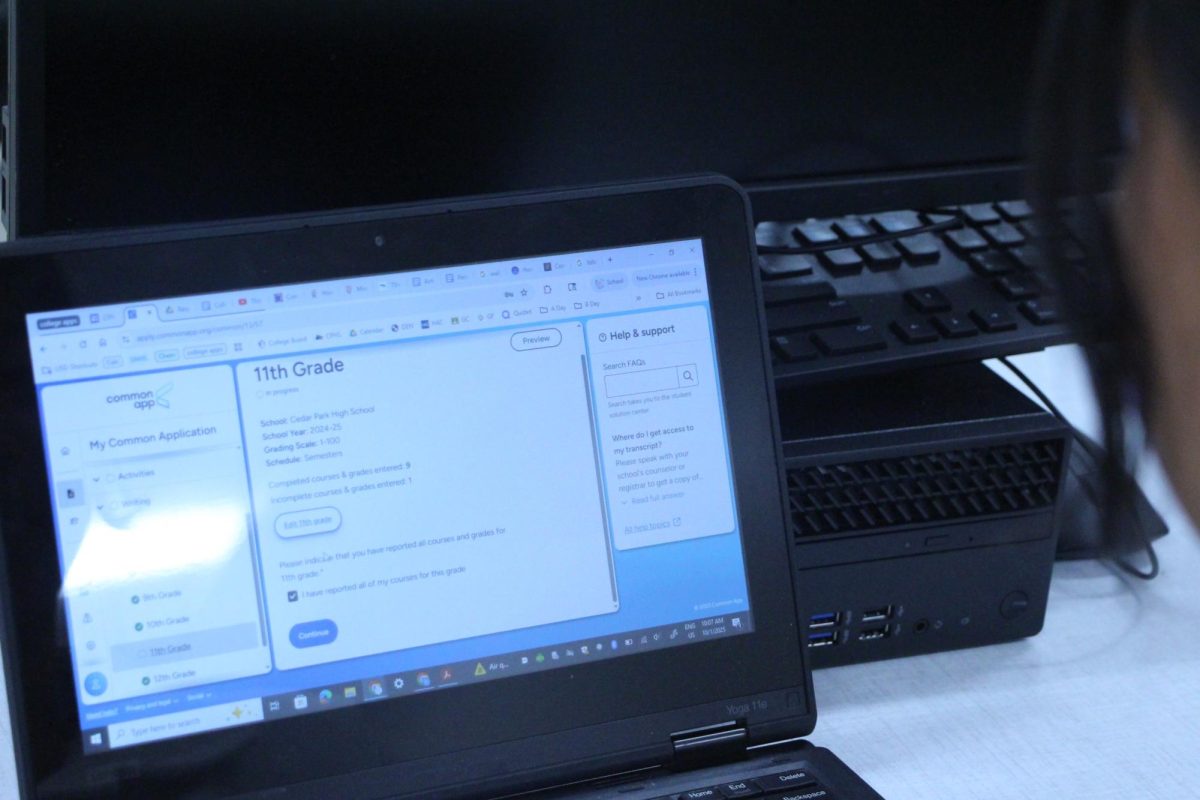
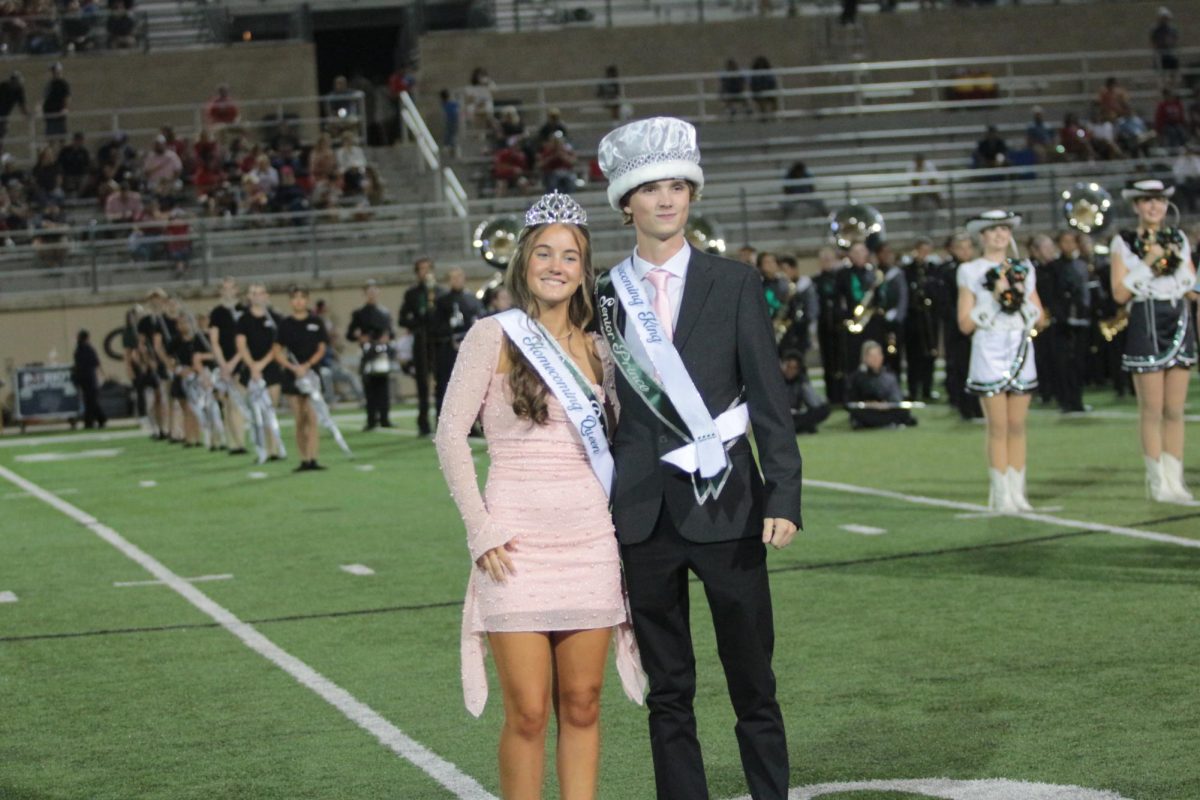



![As her hair blows in the wind, senior Brianna Grandow runs the varsity girls 5K at the cross country district meet last Thursday. Grandow finished fourth in the event and led the varsity girls to regionals with a third place placement as a team. “I’m very excited [to go to regionals],” Grandow said. “I’m excited to race in Corpus Christi, and we get to go to the beach, so that’s really awesome.” Photo by Addison Bruce](https://cphswolfpack.com/wp-content/uploads/2025/10/brianna.jpg)

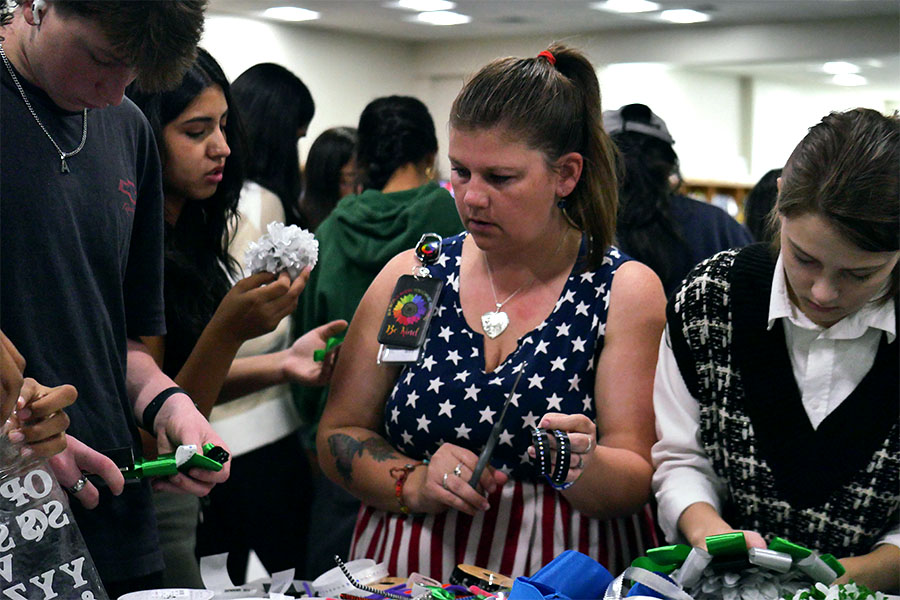
![Broadcast, yearbook and newspaper combined for 66 Interscholastic League Press Conference awards this year. Yearbook won 43, newspaper won 14 and broadcast took home nine. “I think [the ILPC awards] are a great way to give the kids some acknowledgement for all of their hard work,” newspaper and yearbook adviser Paige Hert said. “They typically spend the year covering everyone else’s big moments, so it’s really cool for them to be celebrated so many times and in so many different ways.”](https://cphswolfpack.com/wp-content/uploads/2025/05/edited-ILPC.jpg)





![Sitting with her friend senior Sohpia Struve at last year’s Austin City Limits Festival, senior Ava Zuniga poses for a picture under a pavilion. They are frequent attendees at ACL, an annual music festival at Zilker Park. “I would recommend seeing a bunch of people,” Zuniga said. “This past year, we camped out for Chappell [Roan] for a really long time. I think the whole point of ACL, [which] is a lot of fun, is that you can go see so many different people, even if you don’t know them. So by camping by one person, it really limits yourself from being able to go see a bunch of people.” Photo courtesy of Ava Zuniga](https://cphswolfpack.com/wp-content/uploads/2025/10/EE9E9484-FE6F-4AA0-B5F5-0C177AB32841-1200x857.jpeg)
![Looking down at his racket, junior Hasun Nguyen hits the green tennis ball. Hasun has played tennis since he was 9 years old, and he is on the varsity team. "I feel like it’s not really appreciated in America as much, but [tennis] is a really competitive and mentally challenging sport,” Nguyen said. “I’m really level-headed and can keep my cool during a match, and that helps me play a bit better under pressure.” Photo by Kyra Cox](https://cphswolfpack.com/wp-content/uploads/2025/09/hasun.jpg)

![Bringing her arm over her head and taking a quick breath, junior Lauren Lucas swims the final laps of the 500 freestyle at the regionals swimming competition on date. Lucas broke the school’s 18-year-old record for the 500 freestyle at regionals and again at state with a time of 4:58.63. “I’d had my eye on that 500 record since my freshman year, so I was really excited to see if I could get it at regionals or districts,” Lucas said. “ State is always a really fun experience and medaling for the first time was really great. It was a very very tight race, [so] I was a bit surprised [that I medaled]. [There were] a lot of fast girls at the meet in general, [and] it was like a dogfight back and forth, back and forth.” Photo by Kaydence Wilkinson](https://cphswolfpack.com/wp-content/uploads/2025/03/Kaydence-2.7-23-edit-2.jpg)
![As the support team sits and poses for a photo in the cafeteria with the counseling team they eagerly wait to start their day. "We [all] seem to be a team, I get up every day and there's days where I don't want to go to work today, but I'm thankful that I have a job and I'm blessed to have what I have," Christopherson said. Photo Courtesy of Julie Weltens.](https://cphswolfpack.com/wp-content/uploads/2025/01/AF9E8470-10D7-4C91-BF28-EC8F86BAB66C-1200x852.jpeg)
![Jumping off the ground, senior linebacker Bennett Patton snatches the ball out of the air for an interception at Thursday’s game against Chaparral. Patton had two interceptions in the 56-14 victory, tying the school record for interceptions in a game. “I was just playing the game,” Patton said. “[I’m] going to go into next week, forget about it and stay humble.” Photo by Harper Chapman](https://cphswolfpack.com/wp-content/uploads/2025/09/bennett-interception.jpg)














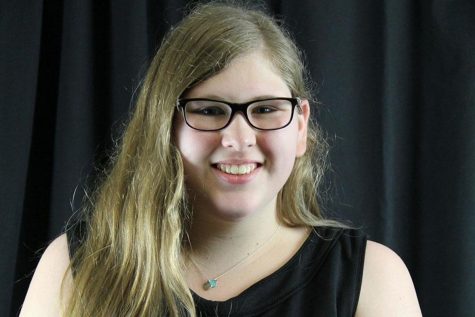
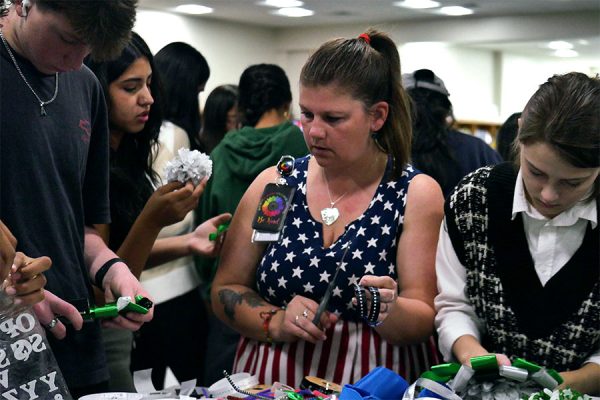
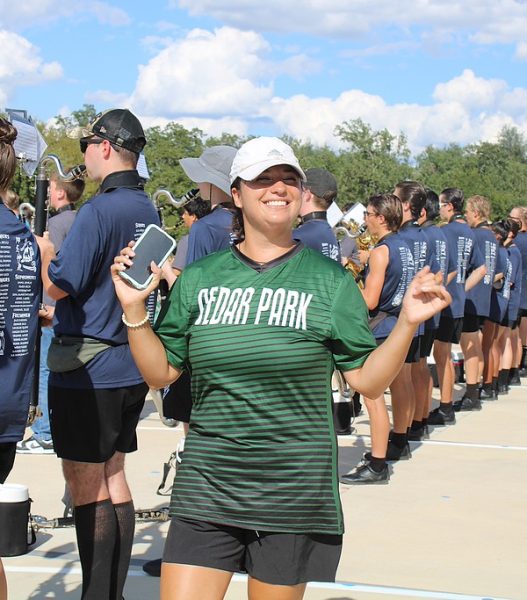

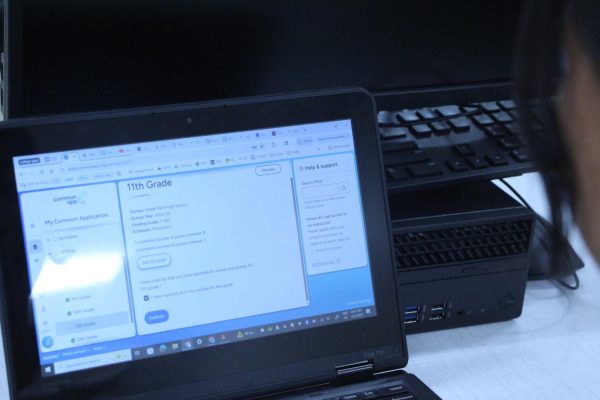
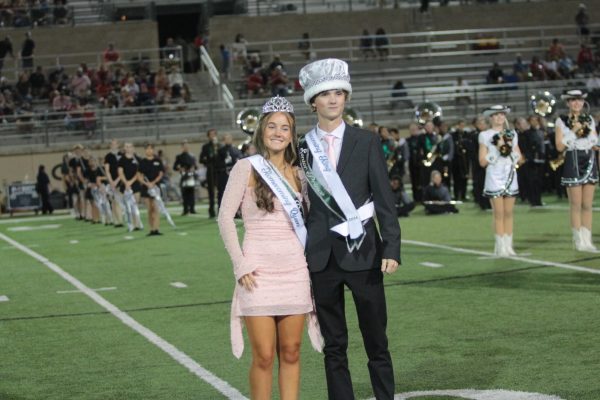
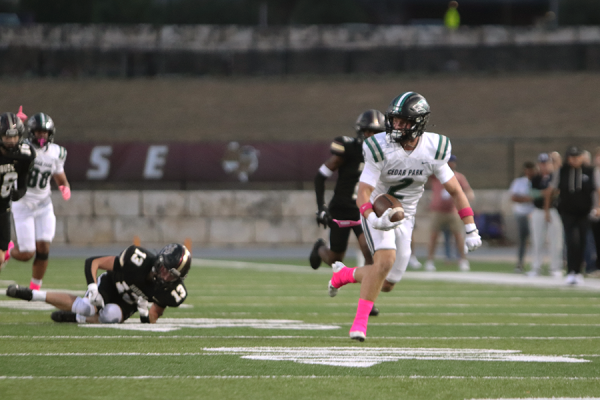
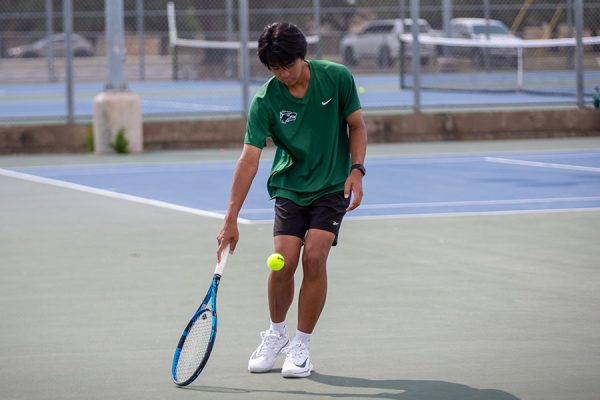


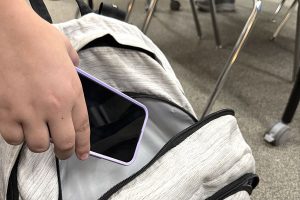
![The fire department came to the school after students were evacuated when smoke started coming from the ceiling of a classroom. All students and staff are safe. “All of my friends left their stuff too, so we couldn’t contact our parents, and it was stressful,” senior Brynn Fowler said. “It was scary because I didn’t know [what was going on], and I couldn’t find anyone because it was a big crowd.” Photo by Anthony Garcia](https://cphswolfpack.com/wp-content/uploads/2025/09/firetruck-300x200.jpg)




